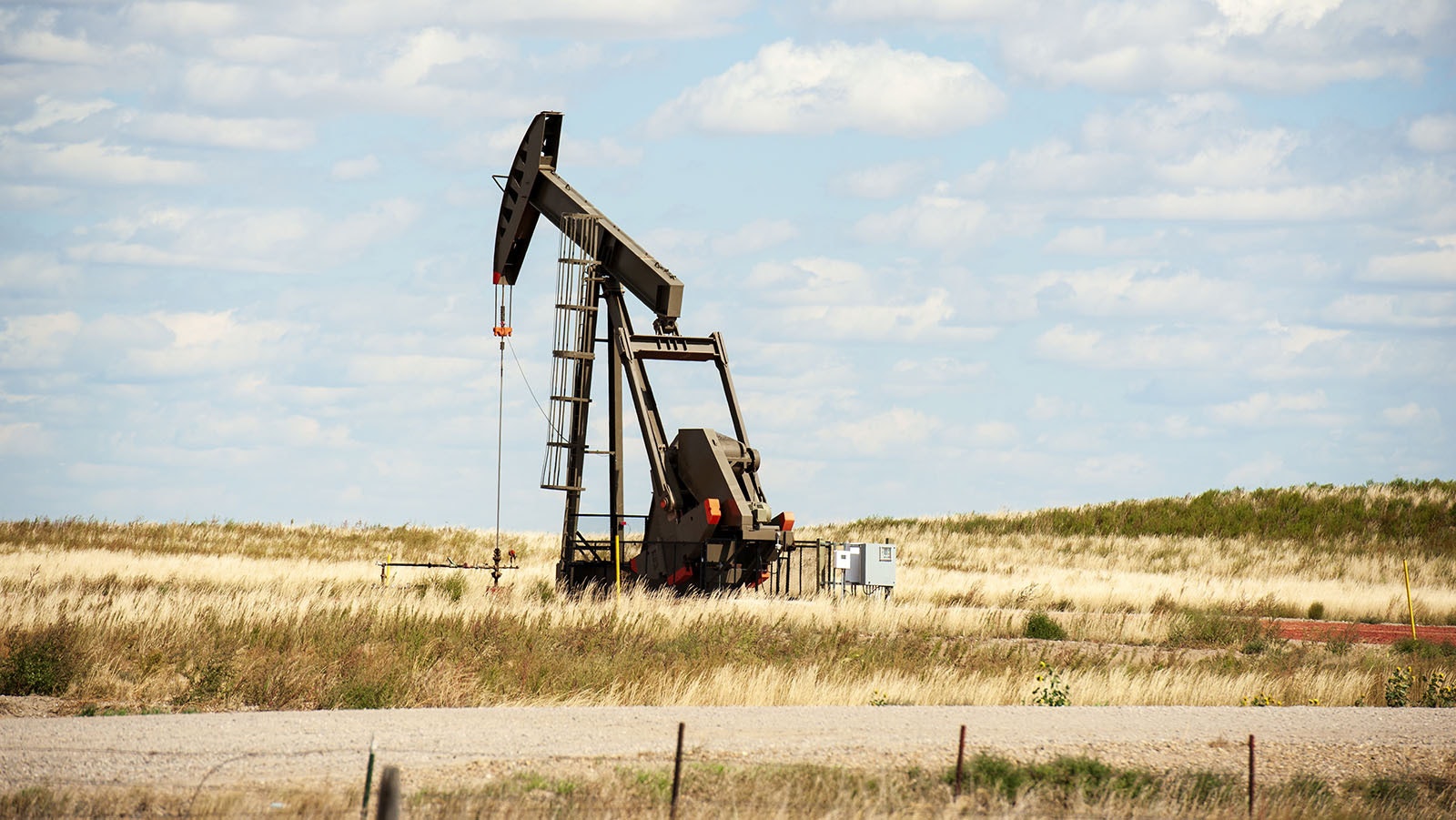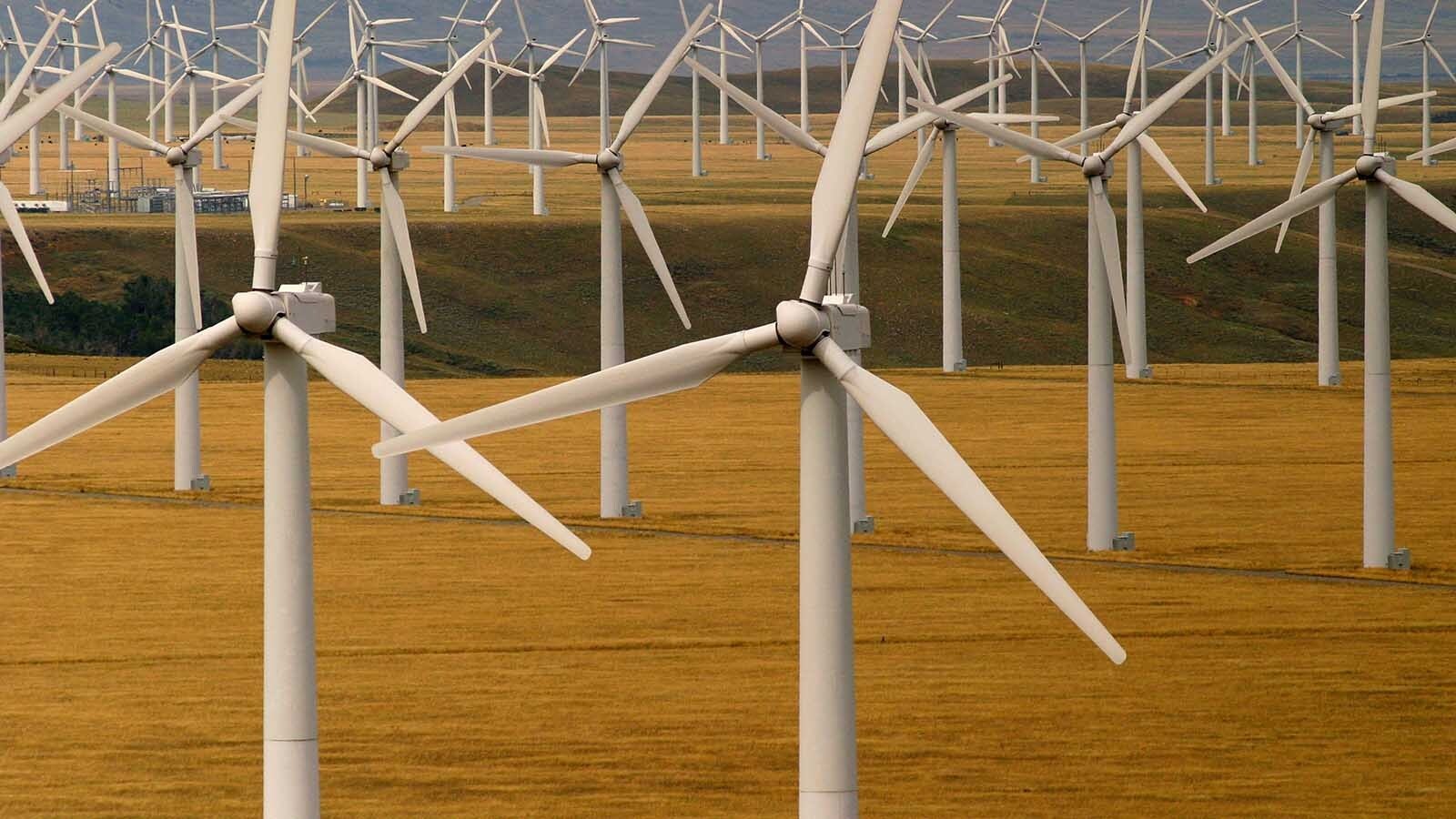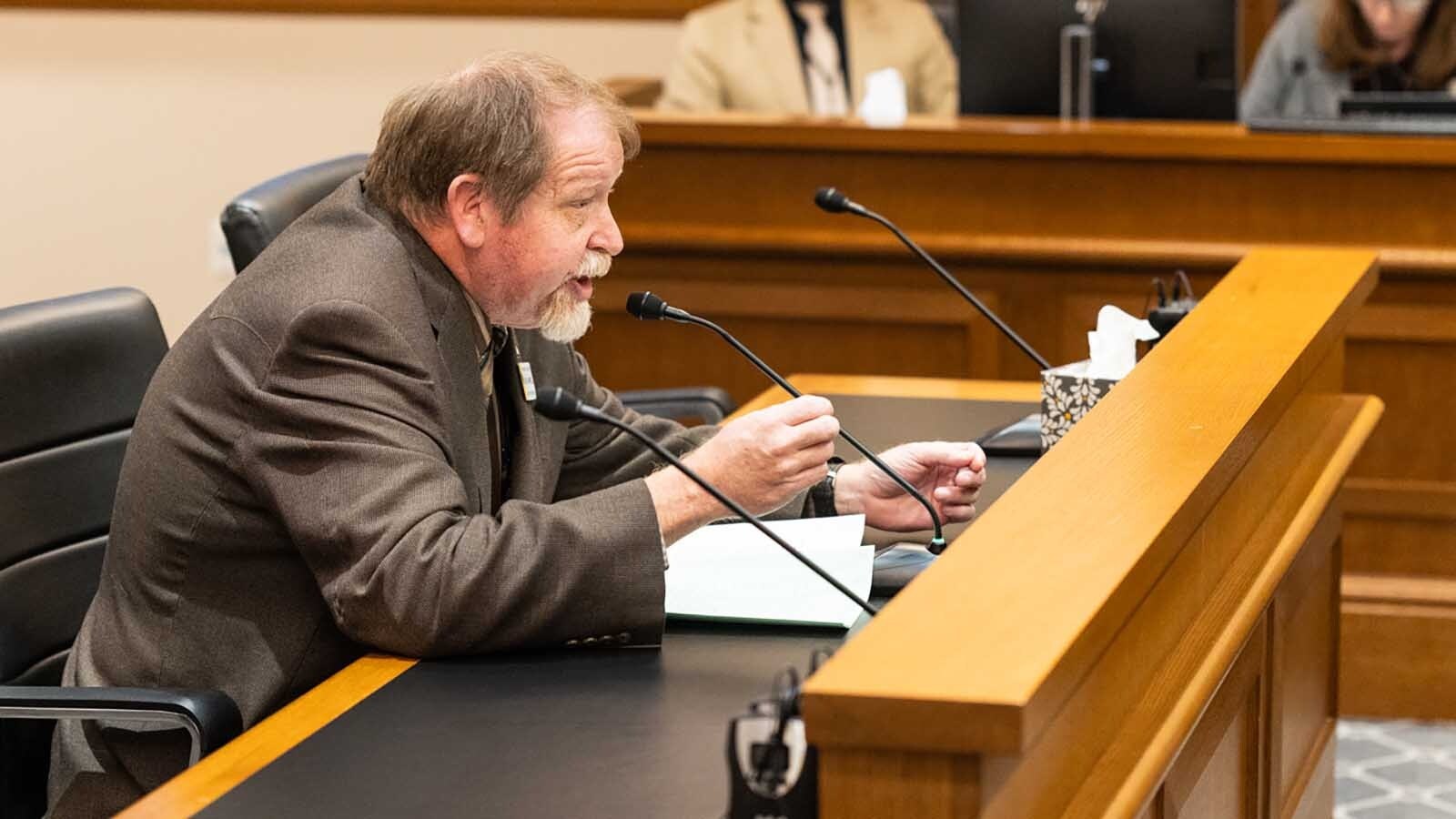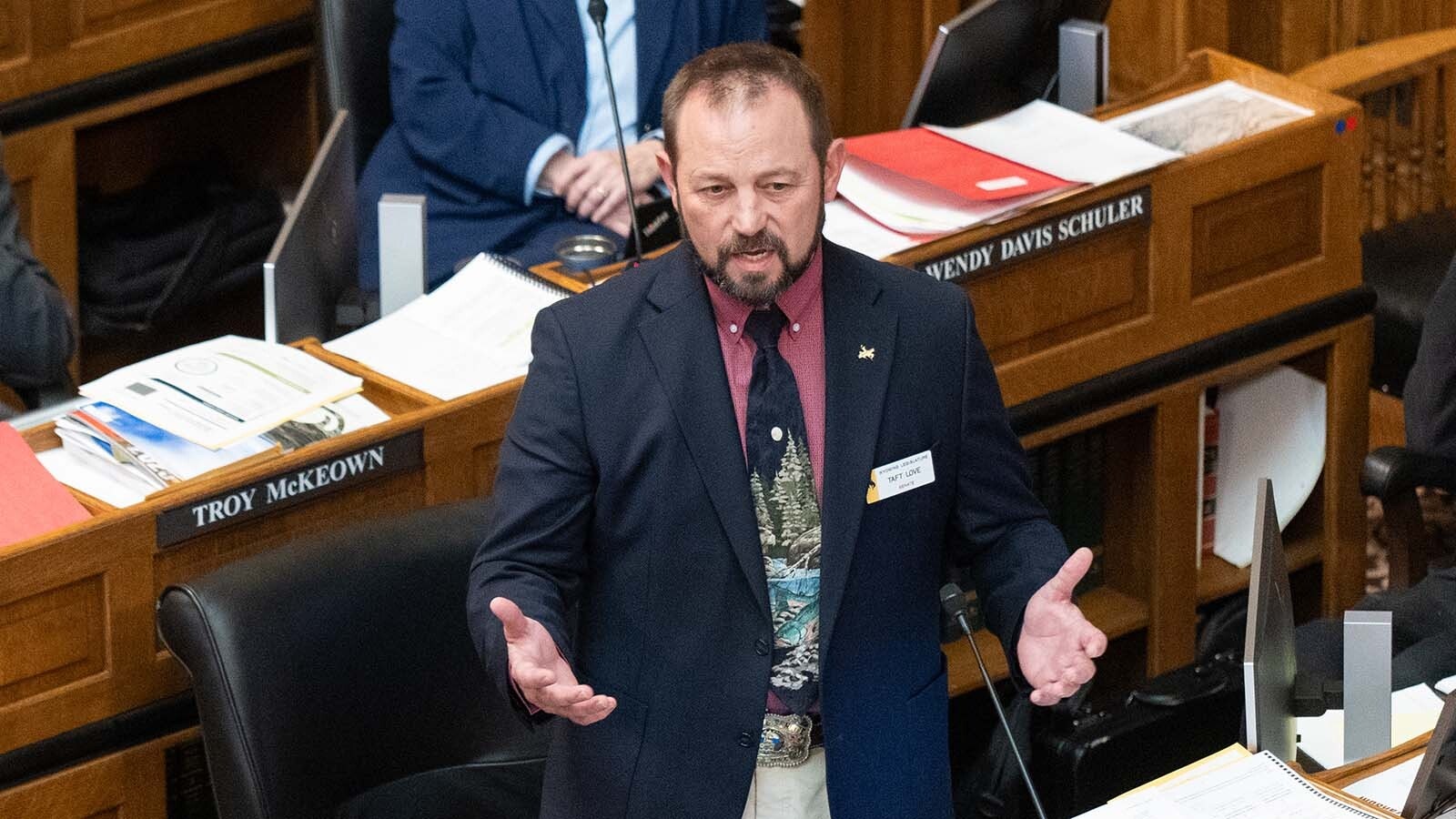Nationalizing the U.S. oil and gas industry used to be a fringe idea. It was something Sen. Bernie Sanders, I-Vermont, had proposed in the 1970s and came back to haunt him during his 2020 presidential campaign.
Industry watchdog Michael Shellenberger, author of “Apocalypse Never,” points to a Wisconsin Democrat candidate in a tight race who is floating the idea again, as well as several other influential Democrats.
From Fringe to Mainstream
Shellenberger told Cowboy State Daily these proposals shouldn’t be dismissed as fringe ideas to be laughed off. Many anti-fossil fuel ideas that began obscure have gone mainstream.
Environmental, Social and Governance (ESG) scores, for example, were part of an obscure movement to impose progressive ideals on corporations, he said. Sometimes referred to as social credit scores by critics, ESG today is having a huge influence on fossil fuel investment.
In the past decade, Shellenberger said oil and gas investments declined by half and new oil field discoveries fell to historic lows between 2016 and 2020. This wasn’t because of a lack of oil, but rather a lack of investment in exploration.
Today, firms are spending 25% less than they need just to hold oil production steady.
“Nobody thought that shareholder advocacy would work to reduce investments in oil and gas, but it did,” Shellenberger said.
Pandemic Hangover
Wyoming producers have struggled to recover from the pandemic years when the state had zero rigs operating.
While economies are opening up more and energy demand has increased, producers face an administration they say is openly hostile to oil and gas development.
“The Biden administration has made its intention to eliminate oil and natural gas drilling on federal lands known from the very start. From implementing a leasing ban in the first days of his administration to increasing royalty rates on federal lands and disincentivizing new development,” said Ryan McConnaughey, vice president and director of communications for the Petroleum Association of Wyoming, in an interview earlier this month.
Hardly Radical?
Wisconsin U.S. Senate candidate Tom Nelson last summer penned an op-ed calling for the nationalization of the petroleum industry.
Arguing the idea is “hardly” radical, Nelson pointed to federal takeovers of automotive companies during the Great Recession of 2008, banking institutions during the savings and loan scandal of 1989 and multiple industries during World War II.
With the American economy so dependent on fossil fuels, Nelson argued that the federal government has a strong interest in controlling it.
“Few commodities are more integral to life in our country than oil,” Nelson wrote. “Few commodities can bring an economy crashing down or pinch working families so tight.”
Stranded Assets
William Becker, former U.S. Department of Energy regional director, argued in The Hill that the $4 trillion banks invested in fossil fuel industries could become stranded assets, meaning they would have no value as the world transitions to wind and solar.
Oil companies would then need a federal bailout. Rather than wait for that to happen, Becker argues it would be better to take over the companies and shut them down.
Most recently, Jason Bordoff, energy policy expert and dean of Columbia University’s Climate School, made the same argument at a conference in Houston — the federal government should take over oil companies’ assets, which will become worthless, so the federal government can make those assets worthless immediately.
There are other voices championing this proposal, including progressive columnist Thom Hartmann, who argued the same points last spring in Salon, including the history of federal takeover of industries.
Uninhabitable Planet
Shellenberger told Cowboy State Daily that these proposals follow the same instinct as Venezuela’s choice to nationalize its oil and gas industry, which preceded a complete collapse of the oil-rich nation’s industry.
“But it’s worse here in the U.S. because climate apocalypse is used as the justification. If you can convince people that the world is ending, then you can justify just about anything,” Shellenberger said.
Nelson wrote in his op-ed that, “if global warming continues unabated, huge swaths of the planet will be uninhabitable by the end of the century.”
Nelson didn’t provide any details of how that would happen, but according to the International Disaster Database, deaths from natural disasters have declined 98% since 1920. A person is 50 times less likely to die in a natural disaster than people living a century ago.
Researchers at the University of Colorado-Boulder published a letter this month in the Proceedings of the National Academy of Sciences in which they argue that climate scientists focus too much on worst-case scenarios, which diverts too much research into implausible scenarios.
The researchers also note that promoting “climate catastrophism” is detrimental to the mental health of young people, 40% of whom say they dwell on climate change and it negatively impacts their lives.





